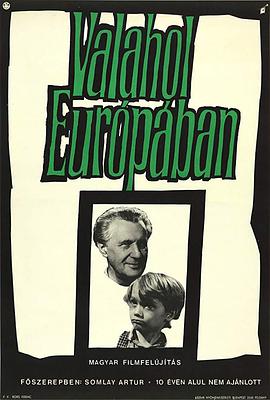
- 欧洲的某个地方
- 主演:Artúr Somlay,Miklós Gábor,Zsuzsa Bánki
- 类型:剧情
- 导演:Radványi Géza
- 地区:其它
- 年份:1948
- 语言:其它
- 备注:DVD
- 更新:2025-01-15
- 播放列表
- 量子云
倒序↓顺序↑
- 下载地址
- 相关影片
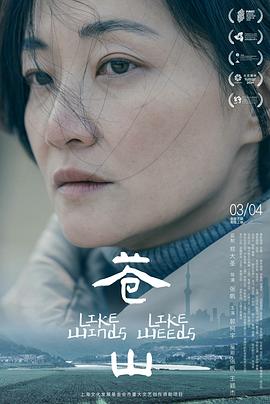
苍山
郭柯宇,曲丰国,陈嘉阳,王诗云,刘桂红,曹玉梅
剧情片
2025/中国大陆
HD
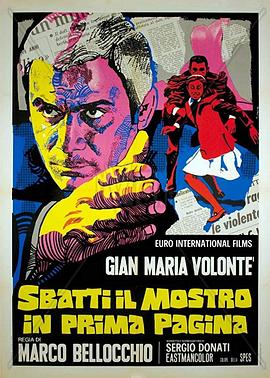
把怪物放在首页
吉安·马里亚·沃隆特,法比奥·加里巴,Carla Tatò,雅克·赫林,约翰·斯坦纳,Michel Bardinet,让·鲁热尔,Corrado Solari,劳拉·贝蒂
剧情片
1972/其它
HD
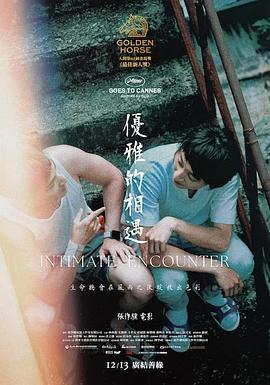
优雅的相遇
林政勋,雷婕熙,林钜,Hsiao-yuan Wang
剧情片
2024/台湾
HD
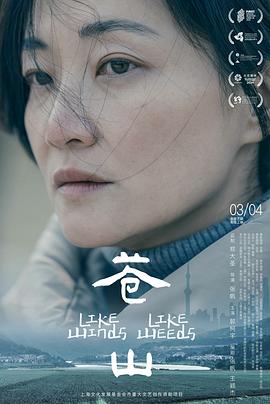
苍山2023
郭柯宇,曲丰国,陈嘉阳,王诗云,刘桂红,曹玉梅
剧情片
2023/大陆
HD
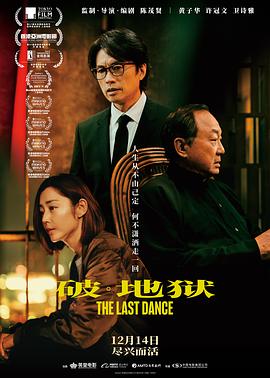
破·地狱
黄子华,许冠文,卫诗雅,朱栢康,周家怡,秦沛,金燕玲,韦罗莎,梁雍婷,白只,钟雪莹
剧情片
2024/香港
HD
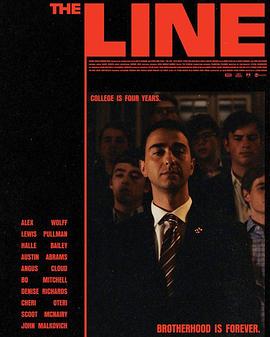
界限2023
亚历克斯·沃尔夫,波·米切尔,海莉·贝利,奥斯汀·艾布拉姆斯,约翰·马尔科维奇,Nicholas Basile,格拉汉姆·帕特里克·马丁,威尔·罗普,安格斯·克劳德,刘易斯·普尔曼,Drew Pipkin,Mason Roberts,切里·奥特莱,斯科特·麦克纳里,迪安·丹顿,达里尔·考克斯,马可·德尔维奇奥
剧情片
2023/美国
HD
- 简介
Somewhere in the remote region, the war ends. In the midst of ruined cities and houses in the streets, in rural hamlets, everywhere where people still live, are children who have lost their homes and parents. Abandoned, hungry, and in rags, defenseless and humiliated, they wander through the world. Hunger drives them. Little streams of orphans merge into a river which rushes forward and submerges everything in its path. The children do not know any feeling; they know only the world of their enemies. They fight, steal, struggle for a mouthful of food, and violence is merely a means to get it. A gang led by Cahoun finds a refuge in an abandoned castle and encounters an old composer who has voluntarily retired into solitude from a world of hatred, treason, and crime. How can they find a common ground, how can they become mutual friends? The castle becomes their hiding place but possibly it will also be their first home which they may organize and must defend. But even for this, the price will be very high.
To this simple story, the journalist, writer, poet, scriptwriter, movie director, and film theoretician Béla Balázs applied many years of experience. He and the director Géza Radványi created a work which opened a new postwar chapter in Hungarian film. Surprisingly, this film has not lost any of its impact over the years, especially on a profound philosophical level. That is to say, it is not merely a movie about war; it is not important in what location and in what period of time it takes place. It is a story outside of time about the joyless fate of children who pay dearly for the cruel war games of adults.
At the time it was premiered, the movie was enthusiastically received by the critics. The main roles were taken by streetwise boys of a children's group who created their roles improvisationally in close contact with a few professional actors, and in the children's acting their own fresh experience of war's turmoil appears to be reflected. At the same time, their performance fits admirably into the mosaic of a very complex movie language. Balázs's influence revealed itself, above all, in the introductory sequences: an air raid on an amusement park, seen in a montage of dramatic situations evoking the last spasms of war, where, undoubtedly, we discern the influence of classical Soviet cinematography. Shooting, the boy's escape, the locomotive's wheels, the shadows of soldiers with submachine guns, the sound of a whistle—the images are linked together in abrupt sequences in which varying shots and expressive sharp sounds are emphasized. A perfectly planned screenplay avoided all elements of sentimentality, time-worn stereotypes of wronged children, romanticism and cheap simplification. The authors succeeded in bridging the perilous dramatic abyss of the metamorphosis of a children's community. Their telling of the story (the scene of pillaging, the assault on the castle, etc) independently introduced some neorealist elements which, at that time, were being propagated in Italy by De Sica, Rossellini, and other film artists. The rebukes of contemporary critics, who called attention to "formalism for its own sake" have been forgotten. The masterly art of cameraman Barnabás Hegyi gives vitality to the poetic images. His angle shots of the children, his composition of scenes in the castle interior, are a living document of the times, and underline the atmosphere and the characters of the protagonists. The success of the picture was also enhanced by the musical art of composer Dénes Buday who, in tense situations, inserted the theme of the Marseilaise into the movie's structure, as a motive of community unification, as an expression of friendship and the possibility of understanding.
Valahol Europaban is the first significant postwar Hungarian film. It originated in a relaxed atmosphere, replete with joy and euphoria, and it includes these elements in order to demonstrate the strength of humanism, tolerance, and friendship. It represents a general condemnation of war anywhere in the world, in any form.